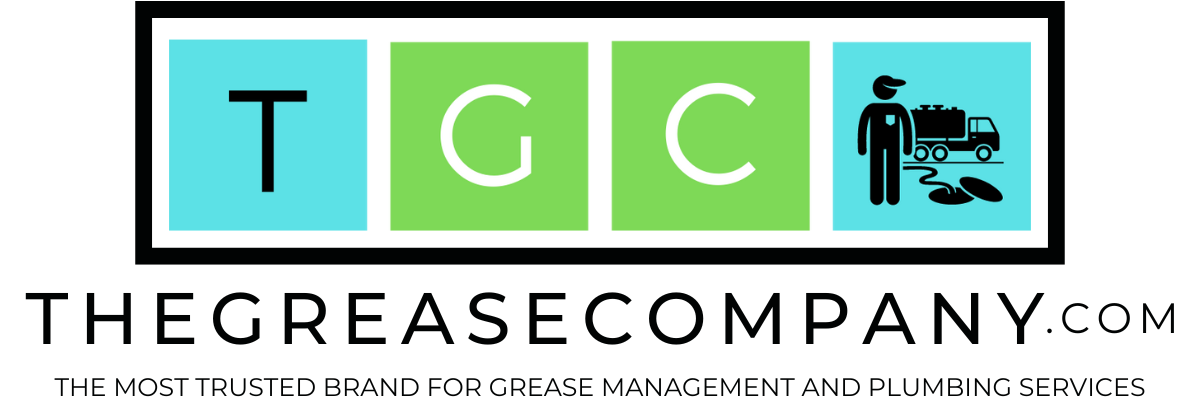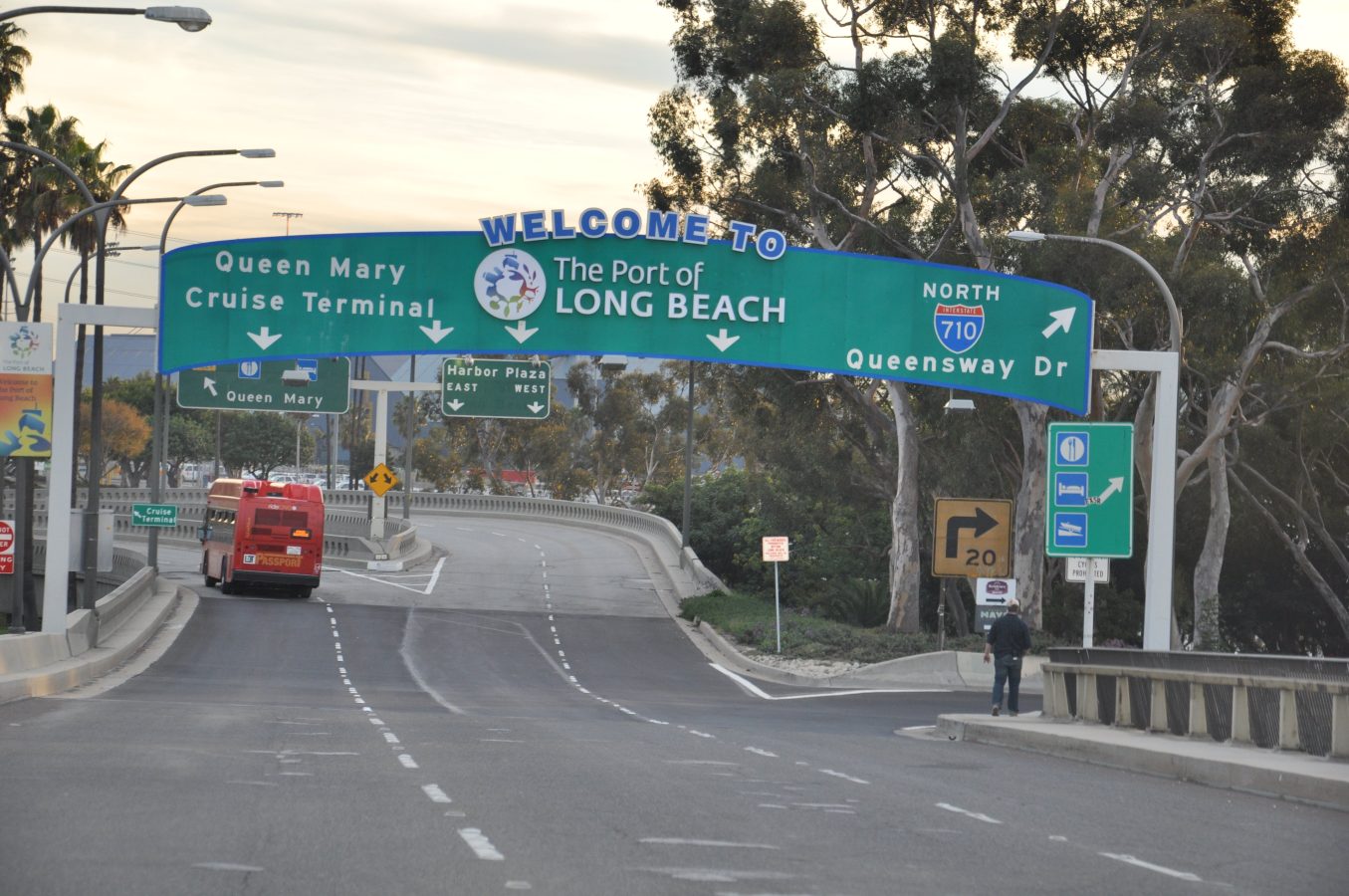
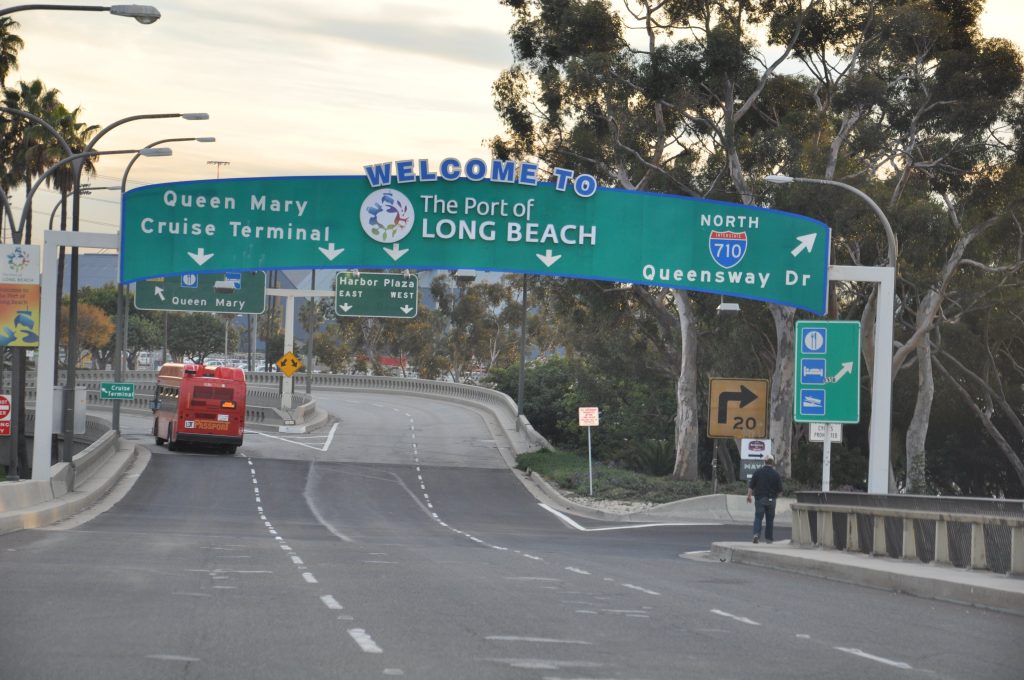
Why Service A Grease Trap & Grease Interceptor
Long Beach, an oceanfront gem city, is located directly to the south of Downtown Los Angeles. It is the seventh most populous city of California with a population of 466,742 as of 2020. The city is famous for its waterfront view, festive environment, and most importantly for its FOOD. There are hundreds of restaurants in Long Beach, California that serves different type of delicious foods to their countless customers every day. There’s no doubt that it is very profitable to run a food business in the area. But the competition is high. So, restaurant must stay sharp regarding the quality of their service, and the cleanliness of their establishment.
To keep the business running, commercial kitchen owners must keep a close eye on the plumbing system of your establishment. The plumbing system of a commercial kitchen is somewhat different from residential ones. It is much more complex; and involves more complicated plumbing fixtures and equipment. To name some examples, kitchen sinks, industrial dishwashers, waste grinders, soda dispensers, ice machines, grease traps are commonly found in a commercial kitchen. In this article, we are going to highlight on a rather more important plumbing component of a commercial kitchen- Grease traps.
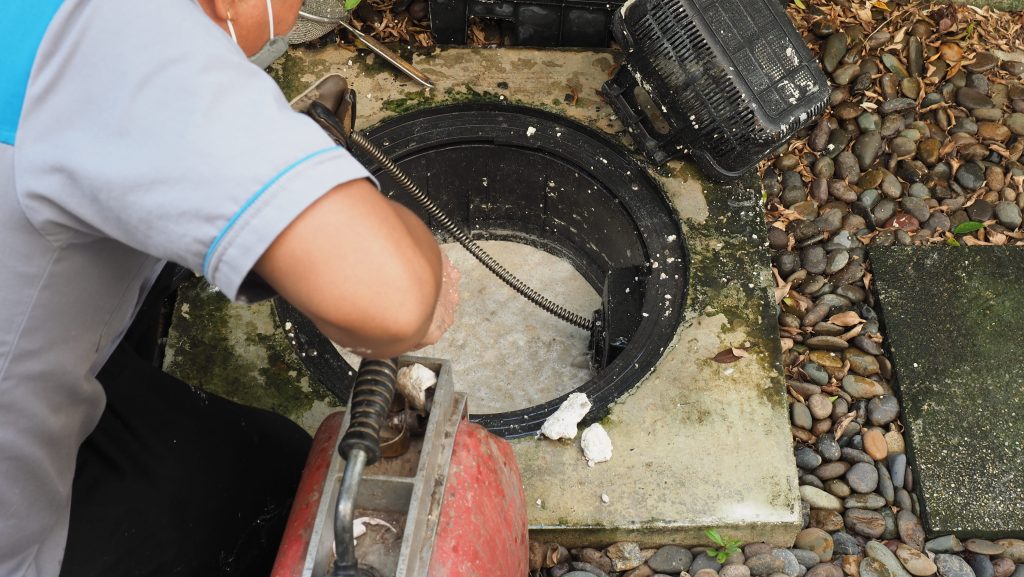
Why Grease Trap & Interceptor Is Required
Regular cleaning and maintenance of grease traps or grease interceptors are imperative measures to prevent sewer contamination and ensure compliance with regulations set forth by cities across Los Angeles County, including areas like Long Beach, Torrance, San Pedro, El Segundo, Cerritos, Lakewood, Artesia, Paramount, and others. These regulations typically mandate that these devices be fully pumped and cleaned on a regular basis, usually ranging from one to three months, or when the content reaches 25% of FOGS (Fats, Oils, Grease, and Solids) to waste water ratio.
Removing FOGS from grease recovery devices in commercial kitchens is crucial. FOGS, which come from food waste from grease, meat residue, or from food solids such as rice, coffee grinds, etc can build up in these devices if not disposed of correctly. This buildup can clog the grease lines or sewer lines, causing overflows that are expensive to fix, harm the environment, and pose health risks due to sewage backup.
Additionally, if FOGS accumulate, it can negatively affect the grease recovery device, making it less effective at separating grease from wastewater. This can lead to food solids waste and grease entering sewage systems, causing clogs and affecting wastewater treatment facilities.
Regular cleaning and maintenance are essential to reduce these risks. By sticking to cleaning schedules and proper waste disposal methods, commercial kitchens can maintain cleanliness, protect the environment, and avoid legal issues related to regulation compliance.
What is a grease trap?
Grease traps are plumbing devices designed specially for commercial kitchens. It is a small device (although size may vary), usually found near the kitchen sink, and installed in between the sink and the sewerage system of the establishment. It is a very useful device that keeps both a commercial kitchen and its sewerage system clean and tidy. The device intercepts wastewater that flows from the kitchen sink and filters FOGS before they can enter the sewer pipes.
It was in 1880’s when grease traps were first invented and commercially used in commercial kitchens in California. Since then, the technology remained the same but working with its complete potentiality to save our establishment and the city sewerage system from unwanted grease pollution.
However, grease traps too have their limitations. They have a limited capacity of storage and fixed life cycle. They can get older over the time, and eventually die. What we can do about it is that we can increase the life cycle of the device by performing regular maintenance operation. Grease trap maintenance includes grease trap cleaning, pumping, and repair when it is necessary. In this article, we are going to learn shortly about the importance of grease trap cleaning and how it can benefit your restaurant.
Why is it important to clean a Grease Trap?
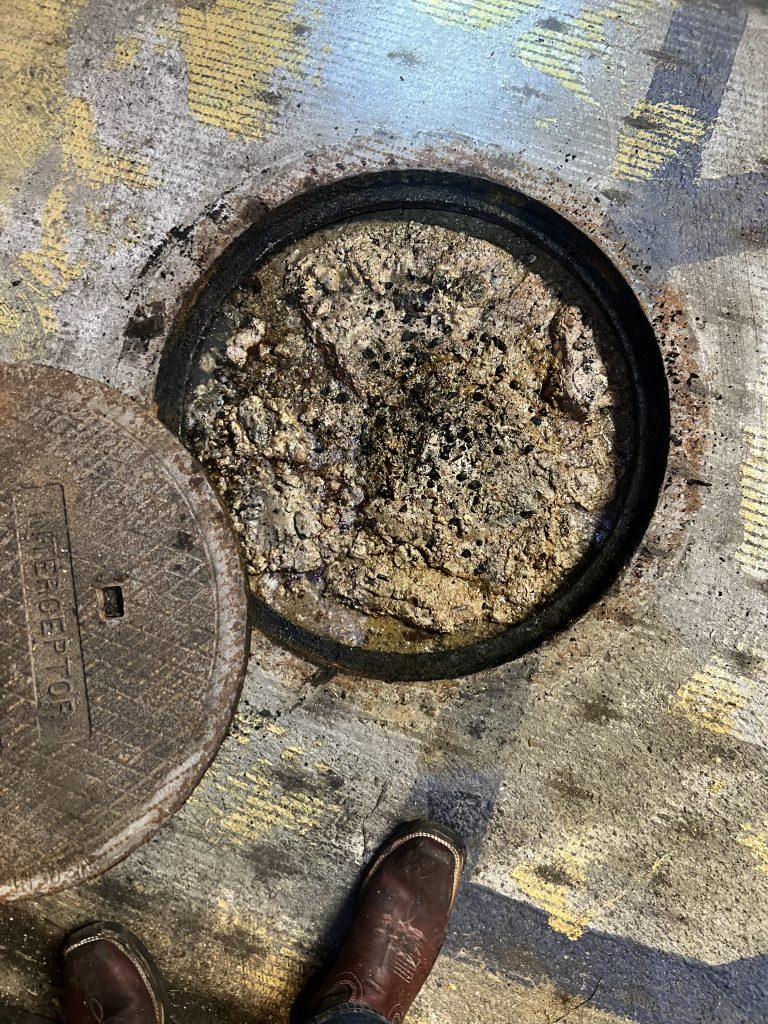
One of the most challenging problem while running a food business is to keep the kitchen clean from grease pollution. FOGS are sticky and nasty element. They can easily clog the sewer pipe if allowed to reach the plumbing system. If not controlled on time, they may also ruin the environment of the working place. To avoid this issues, restaurant owners all over the California uses grease traps in their kitchen. But like any other appliances, grease trap requires ON TIME cleaning for the device to work effectively. Here’s some reason why it is so important to clean a grease trap regularly-
- To prevent damage of the device itself: If grease traps are allowed to harbor FOG and food particles for too long, they gets rotten over the time. These creates Sulphuric acid inside the device which may damage the steal made surface of the grease trap.
- To avoid Bad Odor in the kitchen: Grease trap handle countless gallons of wastewater and collects huge amount of food waste everyday. These rotten food waste creates a unpleasant smell that can travel back into the restaurant. When you run a food business, the worst thing you want in your business establishment is the horrible smell of rotten food in kitchen and dining area.
- LEGAL REQUIREMENT: It is stated in the book of law of California and all the other states all over the USA that a commercial kitchen, regardless of its size and capacity must install a grease trap or interceptor and perform a cleaning operation right on time. Otherwise, the business might have to face penalties and pay high amount of fines. The municipalities all around the country are quite strict about this rule and they reserve the right to revoke or permanently suspend any business that violates this rule.
Grease Trap Cleaning Service in Long Beach and Surrounding Area
Are you looking for a reliable grease trap cleaning company?
When it comes to commercial kitchen plumbing, you should never rely on some local plumbers. As mentioned earlier in this article, plumbing system of commercial kitchens are different from residents. You need someone who is expert in food & beverage industry and has tons of experience in the backpack. You must also remember to check if the company you’re choosing is licensed by the CDFA.
The Grease Company is a plumbing service provider that mainly specializes on commercial kitchens. We are providing grease trap cleaning service in different cities of Southern California including Long Beach, Los Angeles, Buena Park, etc. We provide a full line of plumbing services such as grease trap and interceptor cleaning, pumping, repair, hydro jetting, used cooking oil collection etc. We’re fast, and available 24/7 for the convenient of our customers.
Email us to get your quote today or Call us directly to make inquiry you may have.
